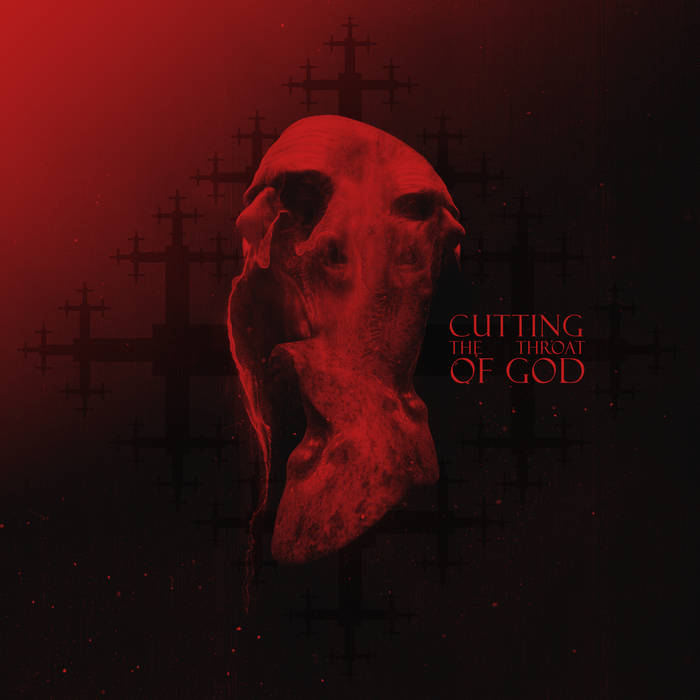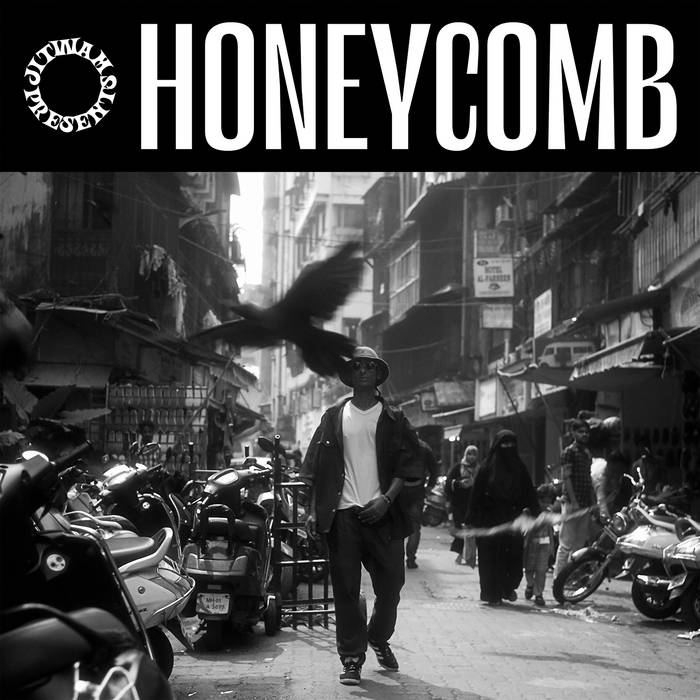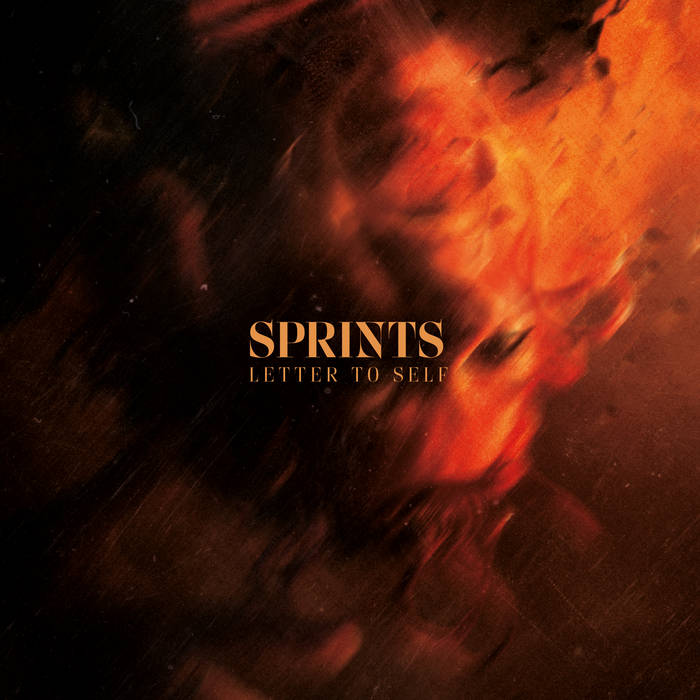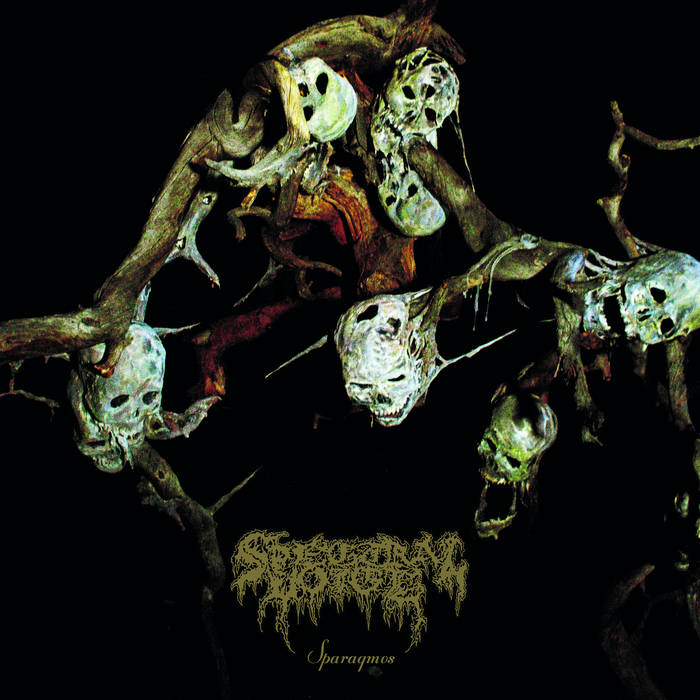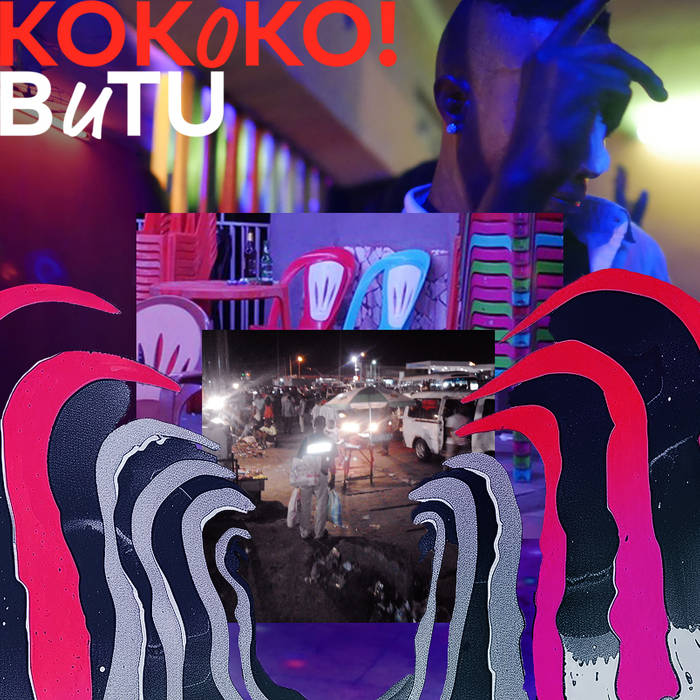“nobody’s listening” is the second full-length album by Chattanoogan native wishlane. The album was released on February 29, 2024. The 21-year-old has been making and releasing music for over four years now. Most of wishlane’s work has been through Webcage, the mega-group established over the hyperpop revolution in 2020.
“nobody’s listening” combines emo-pop and glitch pop, as well as a palette of electronica to make one of the tightest pop albums of the last decade. It’s clear from even the first few seconds of this album that wishlane has an incredible comprehension of sound design and can make his huge musical ideas come to life.
One of my favorite things about this album is the specific synths that wishlane uses. The sounds of the synths all heavily resemble highly amplified electric guitars. This not only allows the production to strike a fire inside of anyone who listens, but it also makes the production feel a lot more malleable as compared to just using guitars. “27 degrees,” for example, is the lead single and the first song after the introduction track. Instantly, the crunchy synths pull you into this inescapable riff that feels out of control. The guitar-styled synths work so well here, almost feeling like more of a rock song at times.
Another thing that I love about this album is the infinite creativity wishlane provides in his instrumental process. Throughout the album, there are many appearances of acoustic guitar, whistling electronics, reverberating piano and my favorite: rhythmic clapping. Despite not having any specific musical reasons, I feel like the clapping makes the LP. The acoustic guitar, however, seems to be the most prevalent of these instruments, serving as sort of a launching pad for all of the synths to just blast off from. The guitar adds a sort of dry unsettling flavor to the album, making it feel very atmospheric.
Using the acoustic guitar to jumpstart these winding passages throughout his songs, wishlane slowly revolves riffs and ideas around one another, then smashes them all together in a cathartic release of energy. wishlane is very skilled at continuing to keep your attention and always introducing new ideas. The songs in this album range from under two minutes to eleven minutes, and the longer pop songs feel just as punchy as the shorter ones. This is difficult to pull off, especially if you are making pop music.
wishlane’s vocals are nothing to snark at, either. He carries such an angsty, deep, emotional timbre with him, very derivative of recent emo-rap artist brakence. wishlane’s singing voice just brings so much weight to the tone of the album, flowing with the pitch of the synths and electronics perfectly. Songs like “string theory” really showcase his range, going from spoken word to a lower pitch to a higher pitch to screaming so seamlessly.
Conclusion
On “nobody’s listening,” wishlane has developed a perfect formula for pop music, creating some of the most emotionally intense bangers of the 2020s. I highly recommend checking this album out; you will get something out of it no matter what.

